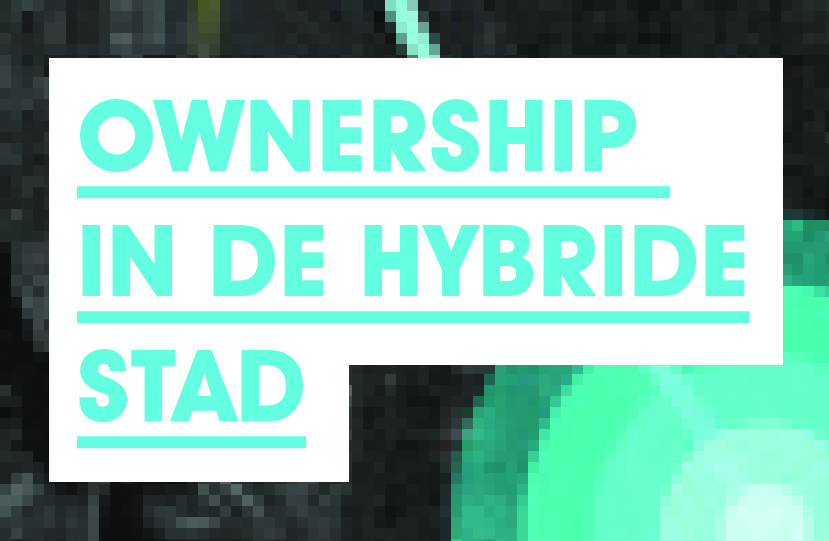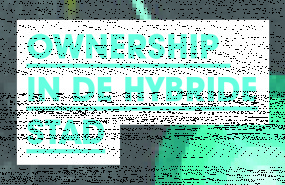How do we design urban technologies that engage and empower ‘publics’ (groups of people) to act on communally shared issues? That is the main theme of a new study launched by The Mobile City and Virtueel Platform.
In this study we present “ownership” as an alternative design approach. How can we employ new technologies to keep our ever more complex cities livable and lively for humans? How can we design cities where citizens feel they belong, and feel the city belongs to them as well… where they have the power to act on communally shared issues? In short: how can digital media aid in strengthening a sense of “ownership” among urbanites?
You can download Ownership in the Hybrid City the report here. Een Nederlandse versie is hier beschikbaar
The workshop & conference Social Cities of Tomorrow that we organized together with Virtueel Platform and Arcam also addresses these issues. See the conference site for more information.



11 responses to “How to Design for ‘Ownership’ rather than for ‘Smart Cities’”
[…] while ago our study ‘Ownership in the Hybrid City’ was published. The study, written in collaboration with Virtueel Platform, informs the upcoming […]
[…] while ago our study ‘Ownership in the Hybrid City’ was published. The study, written in collaboration with Virtueel Platform, informs the upcoming […]
[…] while ago our study ‘Ownership in the Hybrid City’ was published. The study, written in collaboration with Virtueel Platform, informs the upcoming […]
[…] Something is in the air.. This is a call from MAS Context. […]
[…] while ago our study ‘Ownership in the Hybrid City’ was published. The study, written in collaboration with Virtueel Platform, informs the upcoming […]
[…] while ago our study ‘Ownership in the Hybrid City’ was published. The study, written in collaboration with Virtueel Platform, informs the upcoming […]
[…] or any other that helps us to take citizens from the begining to conceptualise, test, improve and own technologies. Let´s better concentrate on trying to make technologies make sense in the everyday […]
[…] into their own hands. Tapping into the online culture and ethics of do-it-yourself (DIY), they take ownership over their city and undertake collective action: from collaboratively maintaining urban gardens to […]
[…] publica’. For instance in the recent debates about ‘ownership’ (about which we have written extensively before) and various examples of bottom-up city making, in which citizens have started to organize […]
[…] good or ‘res publica’. For instance in the recent debates about ‘ownership’ (about which we have written extensively before) and various examples of bottom-up city making, in which citizens have started to organize […]
[…] their own hands. Tapping into the online culture and ethics of do-it-yourself (DIY), they take ownership over their city and undertake collective action: from collaboratively maintaining urban gardens to […]